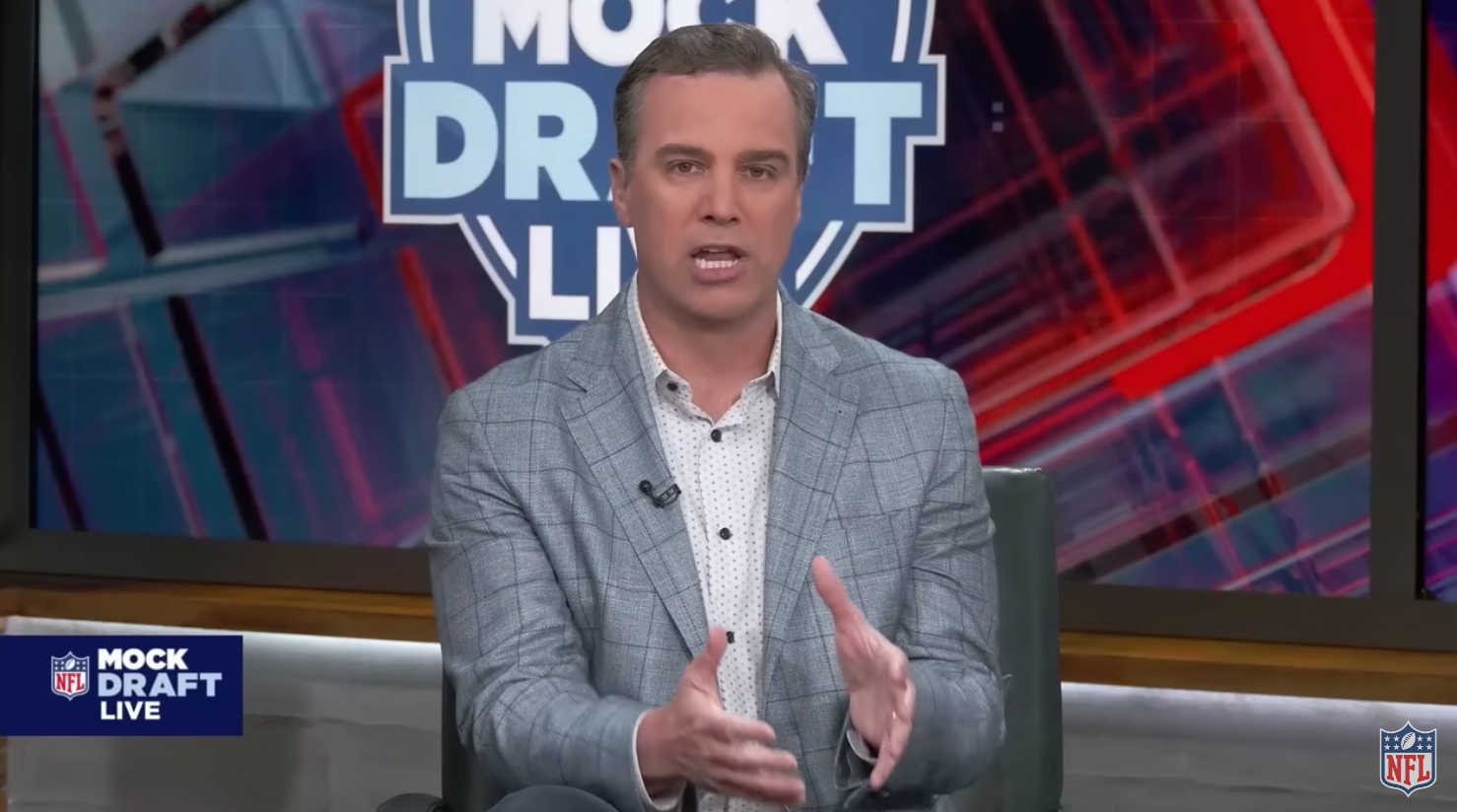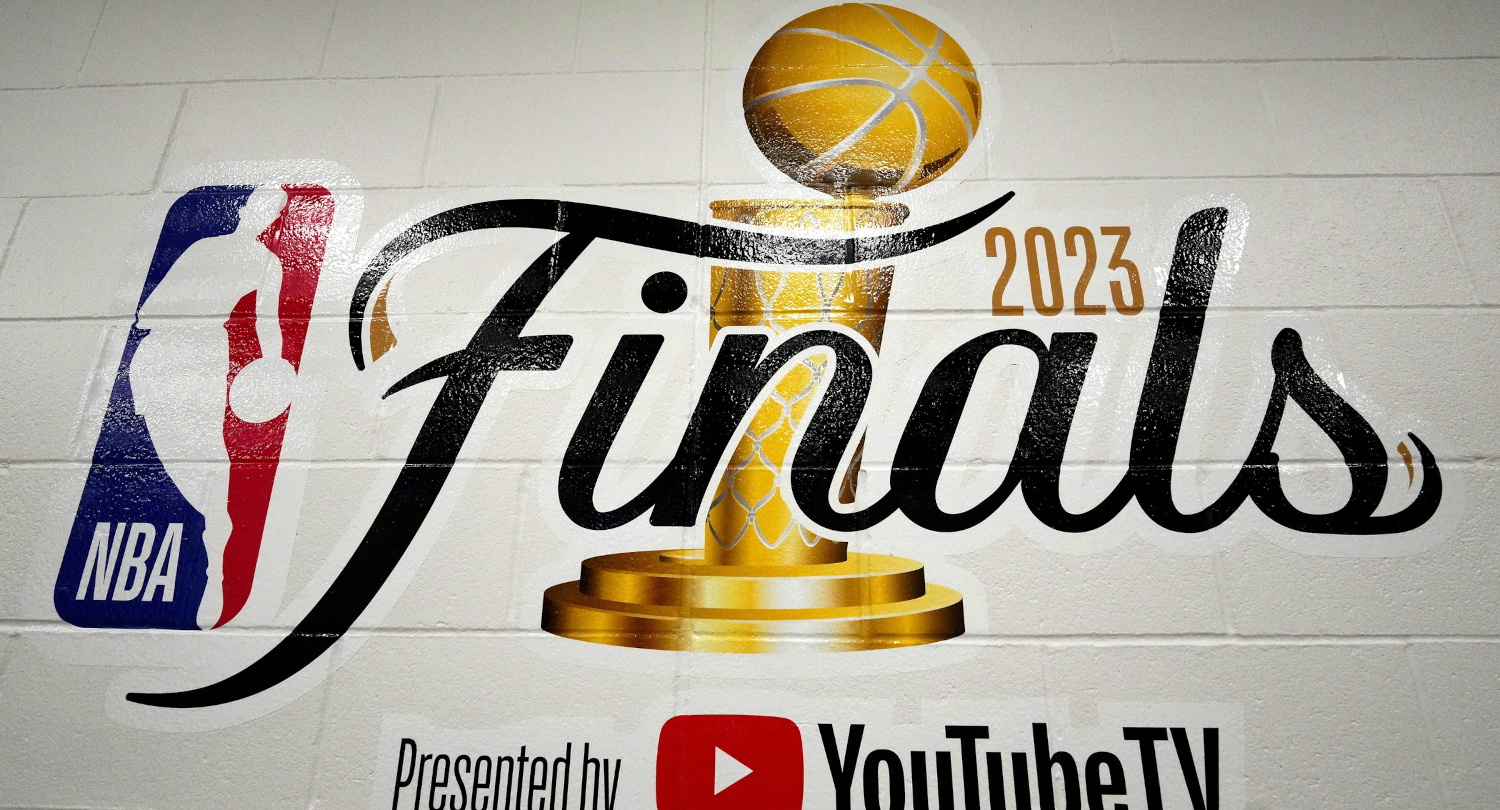There has been a lot of recent discussion of the impact of artificial intelligence on many creative fields, from art to writing. In sports, we’ve already seen this with AI-written previews and recaps of some events, and we’ve seen it recently with firms like VS using AI-powered educational technology to let fans “talk” with athletes on various subjects (with AI analyzing those questions and finding an applicable pre-recorded response from the athlete). And now, we’re seeing a notable expansion of AI into the business of audio/visual sports commentary.
That came Tuesday, with IBM announcing they’ve partnered with the Masters for “generative AI commentary” on the tournament’s app and digital platforms. That is expected to provide “detailed golf narration” for more than 20,000 clips from this year’s tournament, which will be held from April 6-9. Here’s more on that from a release:
IBM (NYSE: IBM) and the Masters Tournament, today introduced two innovative new features as part of the award-winning Masters app and Masters.com digital experience, including Artificial Intelligence (AI) generated spoken commentary. Expanding on the popular MyGroup feature — which enables patrons of the Masters digital platforms to watch every shot, on every hole, from all their favorite players — the AI commentary solution will produce detailed golf narration for more than 20,000 video clips over the course of the Tournament. It is the latest example of how IBM and the Masters are working together to create digital fan experiences that offer unparalleled access and in-depth insights into every moment of the Tournament, from the first drive on the first tee to the final putt on the 18th green.
Experts from IBM iX, the experience design partner within IBM Consulting, worked with the Masters digital team to leverage multiple foundation models — including IBM Watson Text-to-Speech – to train the AI in the unique language of golf at the Masters, automating the process of adding spoken commentary to video clips. Generative AI built on foundation models was applied to produce narration with varied sentence structure and vocabulary, avoiding redundant play-by-play iterations to make the clips informative and engaging.
It will be extremely interesting to watch how this goes, and how it’s received. As mentioned above, we’ve already seen AI used in sports to match queries with pre-recorded responses. We’ve also seen it used to generate written content for both previews and game stories. And that’s led to some pushback at times, and it’s led to some content humans used to be paid for to create going to AI instead (and to some budget that used to go to humans going to AI). But it’s also led to arguments that this can free humans up to do more interesting writing (and some of the particular AI-created pieces have been for leagues that were not previously covered in that much depth by the media organization in question).
With AI commentary on game broadcasts or highlights (what’s being done in this case, which removes the need to do it in real time), though, the potential for specific human replacement seems even higher. Apart from cases of announcer-less commentary due to technical issues or strikes, the idea of a human voice describing game action or highlights on radio or TV has so long been a part of sports. This IBM-Masters partnership is certainly a high-profile deviation from that.
There have been some versions of matching snippets of already-generated commentary to clips before, of course, maybe especially with sports video games. But there, that’s a limitation of the medium; it’s obviously not possible to have announcers call all the action that players around the world are generating at all sorts of different times. Here, these clips absolutely could be called by humans, and traditionally would be. But the Masters is instead choosing to feature AI calls for their digital content.
If the announcing in question here winds up being awful, maybe this won’t wind up being a big deal in the long run. If the AI voice clips don’t really match the actual highlights, or if this narration doesn’t have the “narration with varied sentence structure and vocabulary” and doesn’t avoid “redundant play-by-play iterations” IBM claims it will, this may not take off into anything larger (especially for high-profile events). But if this does work well, there certainly will be some concerns ahead for the future of announcing, especially when it comes to highlight clips.
[PR Newswire; Terminator 3 image from TV Insider]







